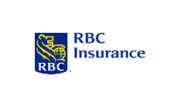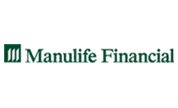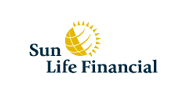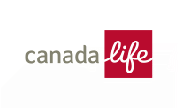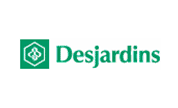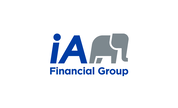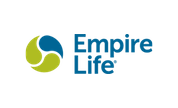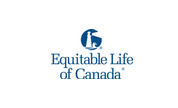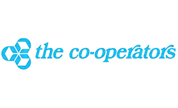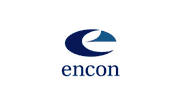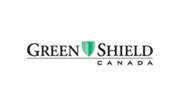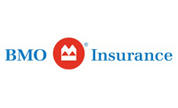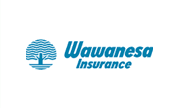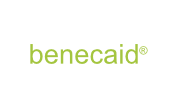Cost Plus
Cost Plus is an arrangement to provide a facility for payment of legitimate expenses not covered by the insured benefit program. Cost Plus claims are those expenses over the present policy limits which a client wishes to have covered. In order to be eligible, they must qualify as an eligible medical and dental expense under the income tax act.
A Cost Plus arrangement can be set up with an insurer on a fee per claim basis. Insurers generally charge an administrative fee ranging from 10% to 15% of the amount claimed (which often includes the Premium Tax). The fee is usually subject to a minimum of $25 per claim and a maximum ranging from $150 to $500 (depending on the insurer). Provincial Sales Tax is also required on the claim and administrative fee.
As an example, assume a plan member had a $4,000 orthodontic claim and the dental plan did not provide orthodontic coverage. If the plan sponsor decided it wished to reimburse the plan member through Cost Plus, the transaction would be as follows:
| Plan member pays claim of: | $4,000 |
| Plan sponsor pays insurer: | $4,000 for claim
$250 Administrative Fee1
$340 Provincial Sales Tax2 |
| Reimbursement to plan member from insurer: | $4,590 |
1assuming a fee of 10% (including premium tax and GST) of the claim to a maximum of $250, the fee is the lesser of $400 (10% of $4,000) and $250
2assuming a 8% PST on the total of the claim and administrative fee (8% x ($4,000 + $250))
At first glance, one might look at the above calculations and ask why wouldn't the plan sponsor pay the plan member $4,000 directly and avoid $590 in fees and taxes. The reason, of course, is that a payment directly to the plan member would be treated as income and therefore fully taxable. By using cost plus, the reimbursement to the plan member becomes non-taxable in the same manner as eligible expenses covered by the benefit plan.
Eligible medical and dental expenses that may be covered through a benefit plan or a Cost Plus arrangement include the following:
Practitioners (fees for services)
- Acupuncturist
- Chiropodist (podiatrist)
- Chiropractor
- Christian Science practitioner
- Naturopath
- Nurse
- Occupational therapist
- Optometrist
- Osteopath
- Physiotherapist
- Practical nurse
- Psychoanalyst
- Psychologist
- Speech therapist
Dental
- All dental expenses including preventive, diagnostic, restorative, orthodontic, and therapeutic care
Facilities
- Meals and lodging in an alcoholism or drug addiction treatment centre
- Home care
- Care in a special school, institution, or other place for a mentally or physically handicapped individual
- Institutional care
- Full-time attendants or care in a nursing home (for confinement to bed or wheelchair)
- Payments to a licensed private hospital
- Semi-private, preferred, or private accommodation expenses in hospital
Devices and Supplies
- Artificial eye(s) or limb(s)
- Crutches
- Equipment, including a replacement part, designed exclusively for use by an individual who is suffering from a chronic respiratory ailment, to assist breathing, but not including an air conditioner, humidifier, dehumidifier, or air cleaner
- Device or equipment designed to pace or monitor the heart of an individual who suffers from heart disease
- Device designed to assist a disabled individual in walking
- Close captioning devise
- Device designed to attach to infants diagnosed as prone to Sudden Infant Death Syndrome (SIDS) in order to sound an alarm if the infant stops breathing
- Device designed to enable diabetics to measure blood sugar levels
- Drugs, medications, or other preparations or substances prescribed by a medical practitioner or dentist
- Electronic speech synthesizer that enables a mute individual to communicate by use of a portable keyboard
- External breast prosthesis for use following a mastectomy
- Hearing aids
- Hospital bed, including attachments included in a prescription
- Ileostomy or colostomy pads
- Insulin
- Iron lung
- Kidney machine
- Laryngeal speaking aids
- Limb braces
- Mechanical device or equipment designed to help an individual enter or leave a bathtub/shower, or to get on/off a toilet
- Needles or syringes
- Optical scanner or similar device designed for use by blind individuals to help them read print
- Orthopaedic shoes or boots, or a shoe/boot insert made in accordance with a prescription to overcome a physical disability
- Oxygen tent or equipment
- Power-operated lift for use exclusively by disabled individuals to allow them access to different levels of a building, to help them enter a vehicle or to place wheelchairs in/on a vehicle
- Spinal braces
- Teletypewriter or similar device, indicator that enables a deaf or mute individual to receive telephone calls
- Walkers and wheelchairs
- Wig made to order for an individual who has suffered abnormal hair loss as a result of disease, medical treatment, or an accident
Other Expenses
- Ambulance fees for transportation
- Cosmetic surgery
- Cost of arranging and having a bone marrow or organ transplant
- Cost of medical services and supplies outside of the province of residence
- Electrolysis or hair removal performed by a licensed technician
- Hearing expenses including hearing aids and hearing-ear dogs
- Laboratory, radiological, or other diagnostic procedures or services
- Modifications to a home for persons confined to a wheelchair
- Preventive diagnostic, laboratory, and radiological procedures
- Heart transplant
- Vision expenses including eyeglasses, contact lenses, and seeing-eye dogs
- Transportation expenses to receive medical care
- Weight-loss or stop-smoking program prescribed by a doctor for a specific ailment
References
- Interpretation Bulletin IT-339R2
- Interpretation Bulletin IT-85R2
- Income Tax Folio: S1-F1-C1, Medical Expense Tax Credit
